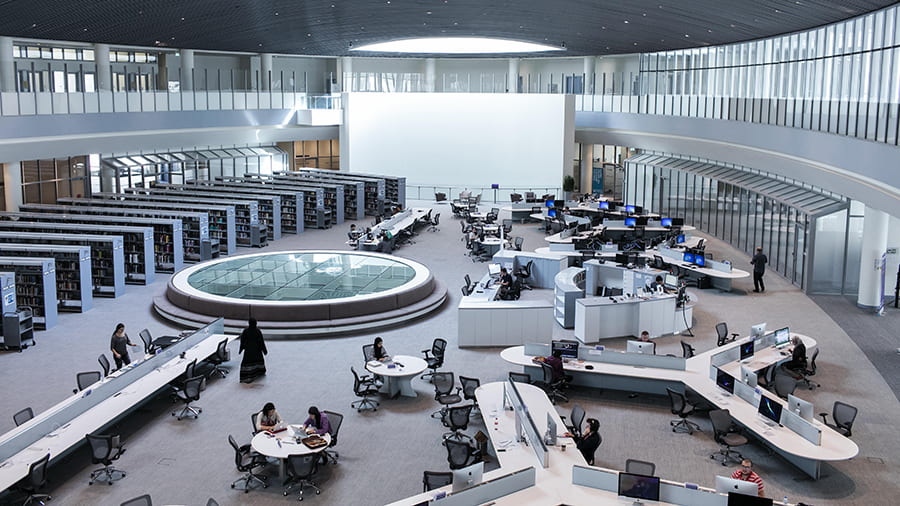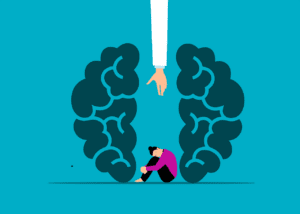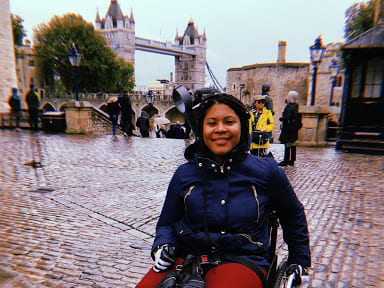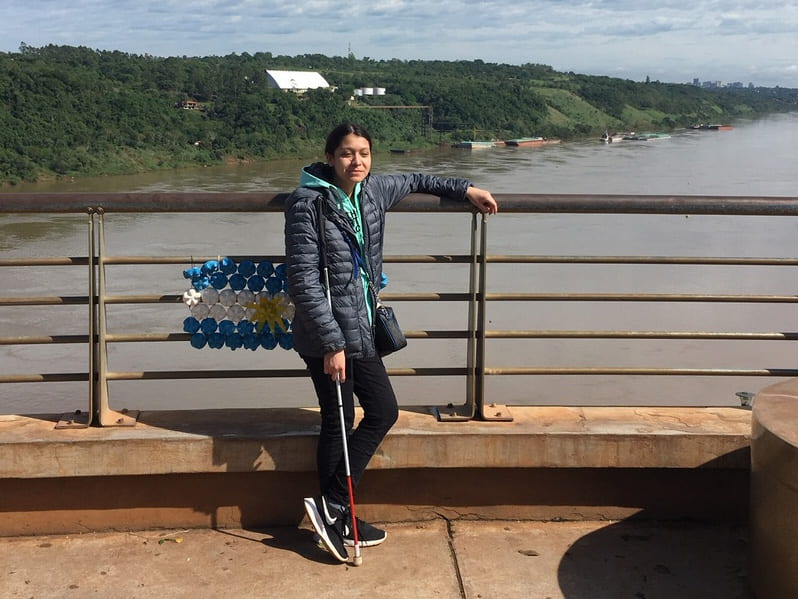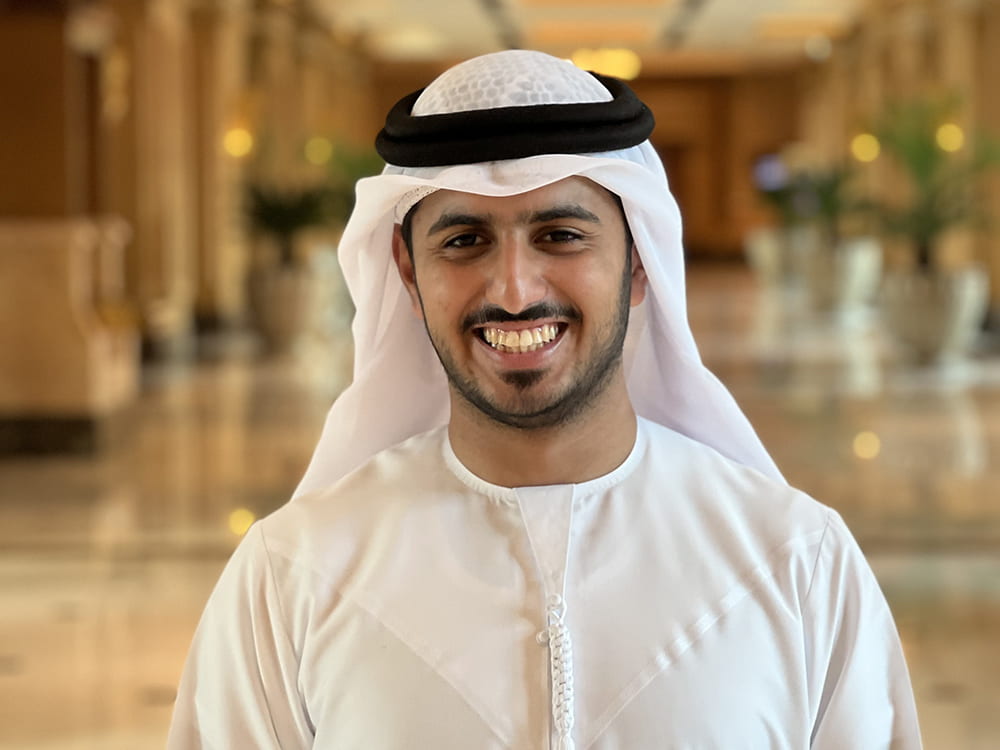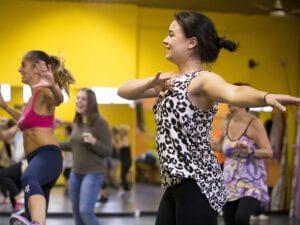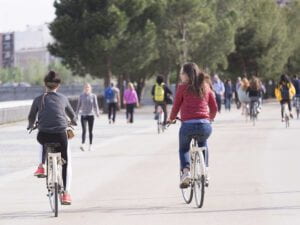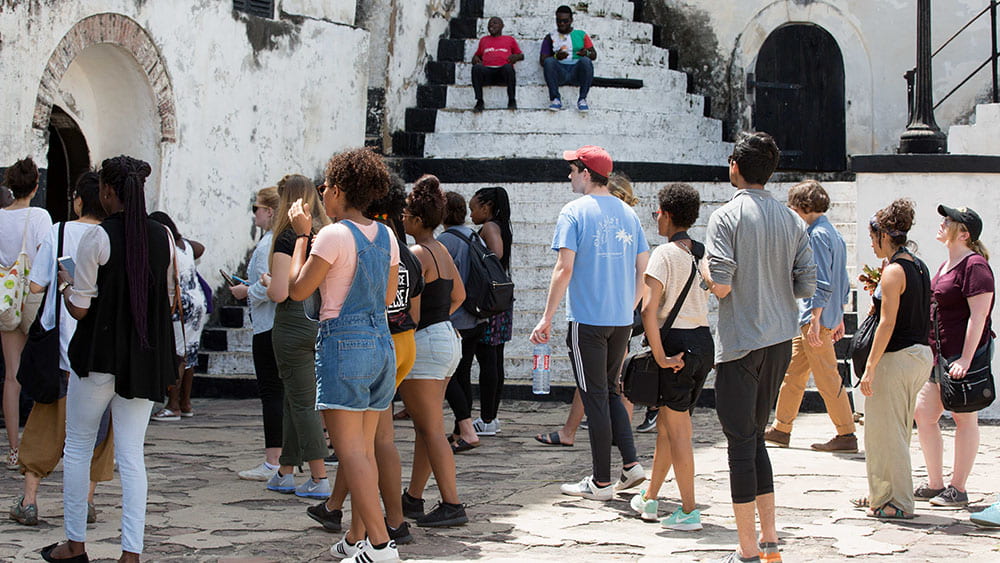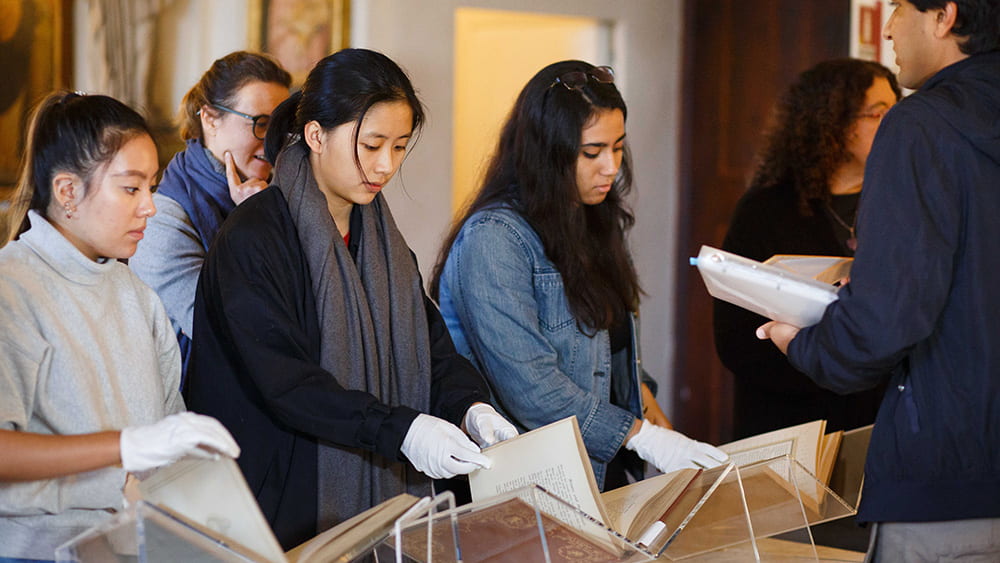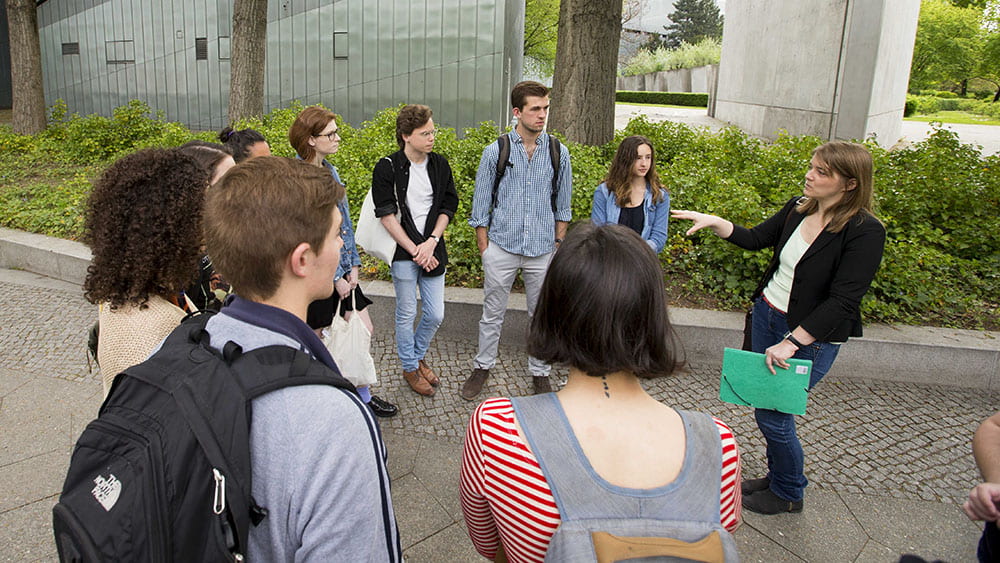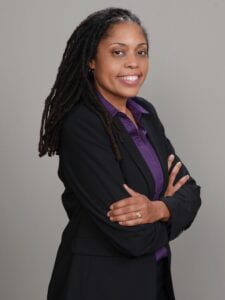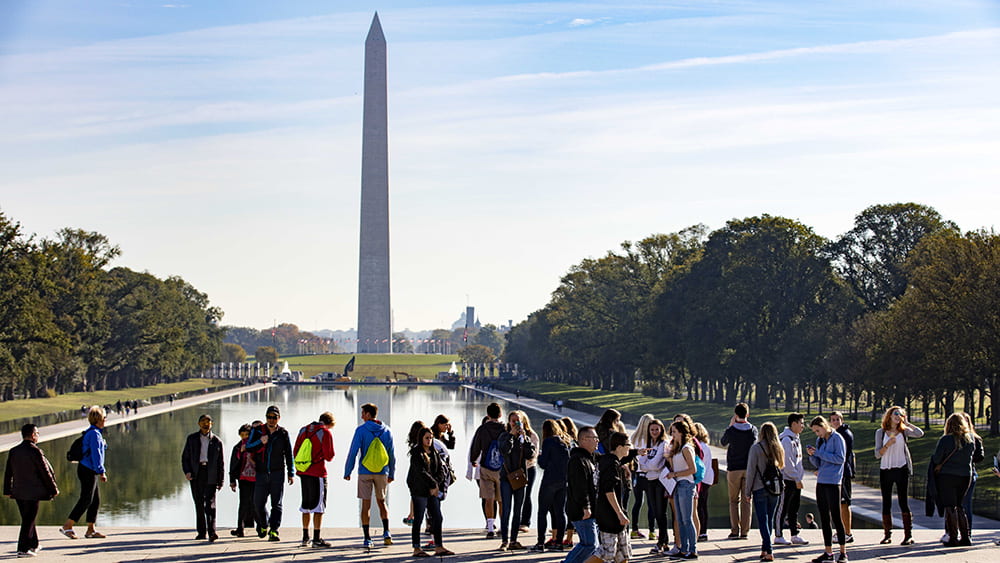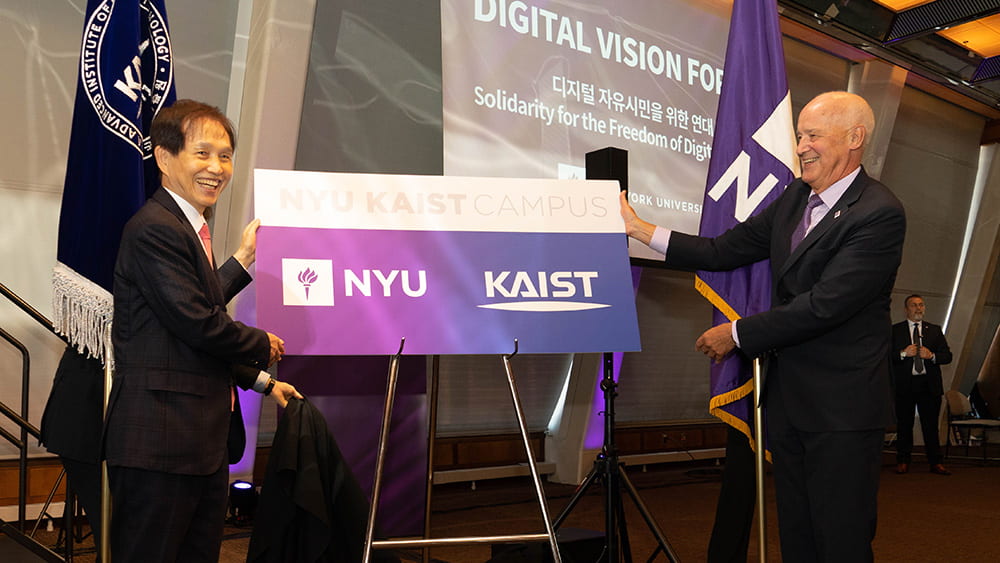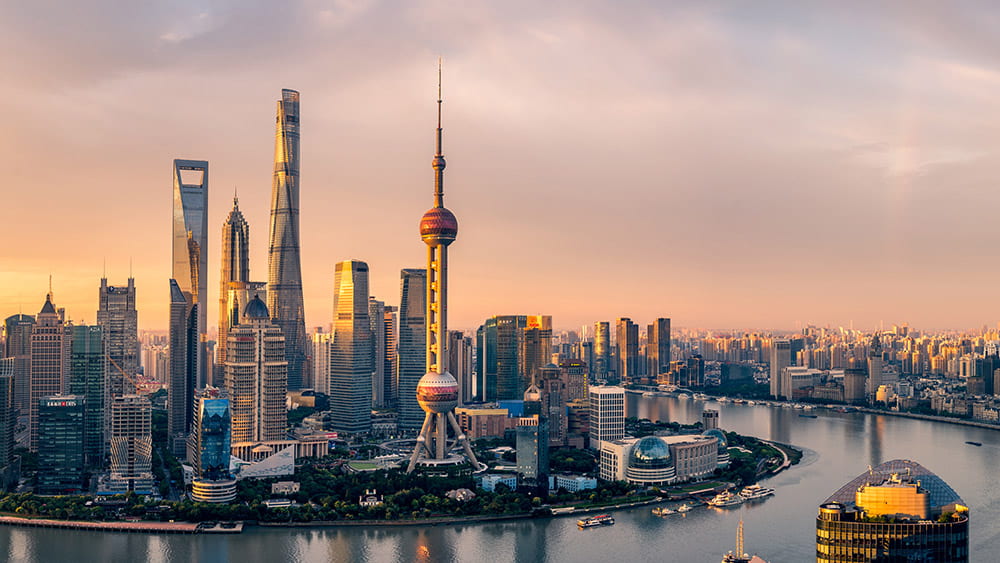An NYU Liberal Studies student describes the value a new music club brings to NYU Washington, DC, students
Written by Saylee Nemade, Liberal Studies (LS), Class of 2026
On a spectacular fall Sunday, the NYU Washington, DC, Chamber Music Collective gathered downtown at the Church of the Epiphany to watch Mina Smith, LS Class of 2026, perform with the DC Concert Orchestra Society (DCCOS) in a program full of classical pieces by composers ranging from Mozart to Holmès. Mina began playing the violin when she was 6 years old. Since then, music has been an integral part of her life. During her time at NYU, she wanted to keep it a focal point. So she auditioned for DCCOS, where she says she’s enjoyed interacting with new people of all ages in a musical environment.
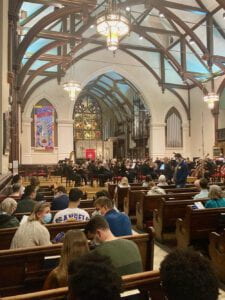
The DC Concert Orchestra Society performing at the Church of the Epiphany in downtown Washington, DC
Mina is also a founding member of the NYU Washington, DC, Chamber Music Collective, a student-run club for music lovers of all kinds that launched in fall 2022. Her Sunday concert was one of several events and gatherings the club has organized with support from faculty adviser and violinist Dr. Sydney Boyd. Every Friday, the club holds ShowcaseHour, an open mic, for any NYU Washington, DC, student to share their musical talents. Under Boyd’s direction, the club has also attended events around the DC area (like Mina’s concert) as well as solo performances and guest lectures with pianists such as Dr. Yvonne Chen. There’s a diverse set of talents within the club. Students play myriad instruments from the violin, piano, and guitar to the xiao (a vertical end-blown flute) and the melodica. In turn, the club’s activities involve a variety of genres, styles, and musical affinities. For example, one week ShowcaseHour became KaraokeHour. Students also have plans to invite a variety of musical guests to share their own musical journeys. In everything it does, the club focuses on inclusion and community: no criticism, just applause for a shared passion.
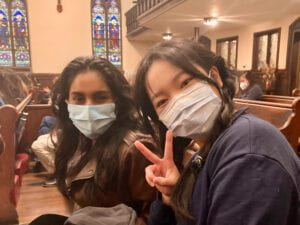
Saylee Nemade (left) and a friend attend the DC Concert Orchestra Society’s performance at the Church of the Epiphany
When I chose NYU Washington, DC, as my LS First Year Study Away site, I was elated to have the opportunity to join the Chamber Music Collective. It is a very open, nonjudgmental club. As a musician and dancer myself, music plays an influential part in my life. I have been dancing since I was 3, and I’ve been singing, writing, and composing since I was 8. In addition, I have played a variety of instruments since a young age and continue to play and compose on the piano. As the Chamber Music Collective’s administrative secretary, I enjoy proposing and organizing new events. I love watching and listening to the club members’ varied talents because each person is unique. We’re all from diverse backgrounds, and that brings new perspectives to the club.
